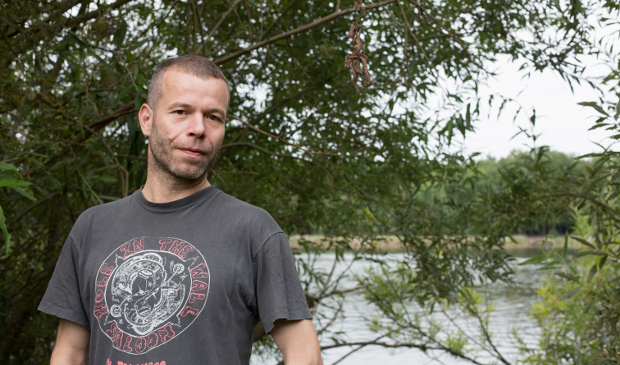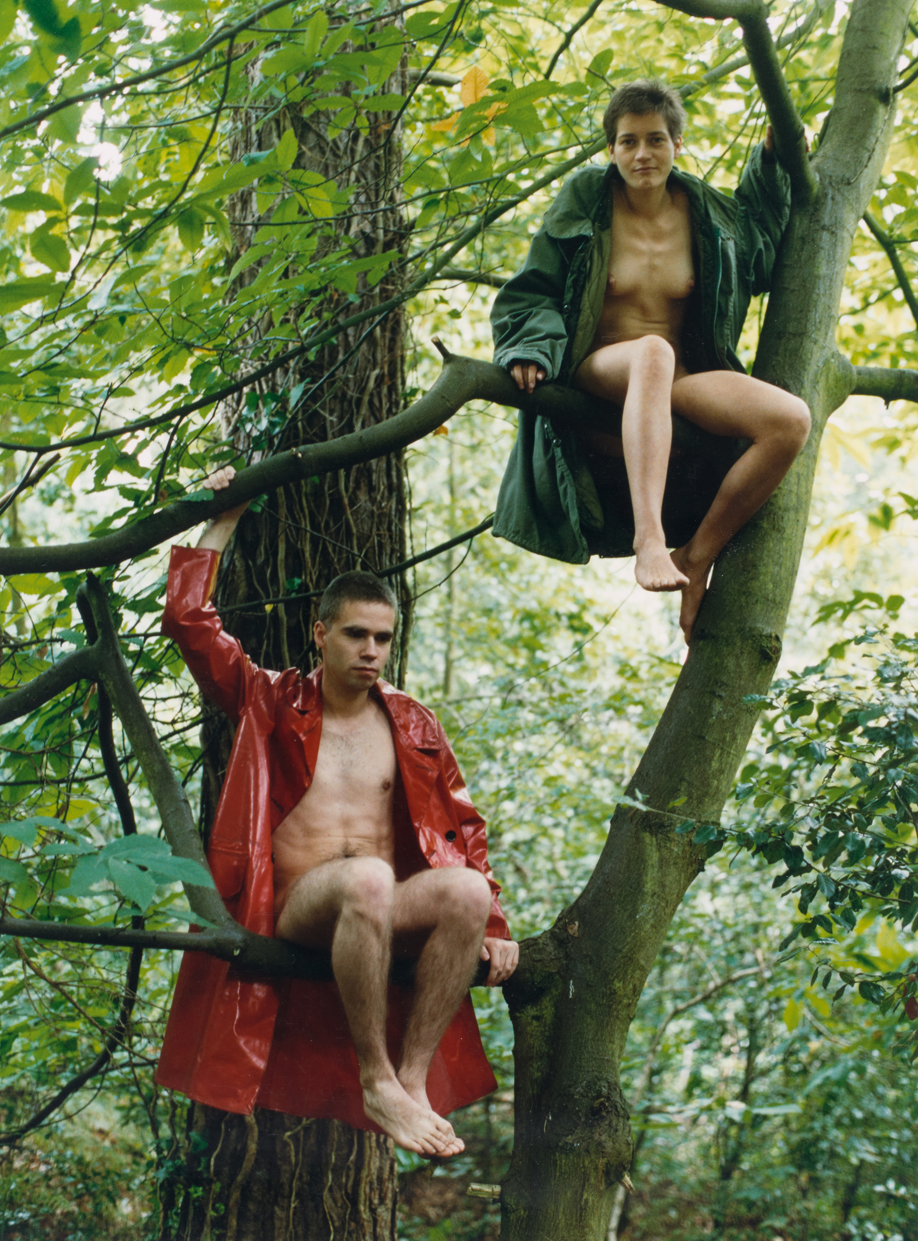
Sex, cigarettes and spongey bread - the things Wolfgang Tillmans loved about London in the Eighties
The New Yorker's profile of the photographer includes some telling details from his early trips to Britain
Who, when arriving in Great Britain during the early 1980s, would have found its cooked breakfasts, carpeted bathrooms, drafty windows, spongy bread and Silk Cut cigarettes especially appealing? And to that dubious list of delights might throw in the country's "repressed but omnipresent sexuality" for added bonus?
Wolfgang Tillmans, of course, according to a newly published New Yorker profile. Staff writer Emily Witt interviews Tillmans’ friends, assistants and even his old landlady – the source of the details above – as well as the artist himself, in a full and wide-ranging profile, published just a few weeks after Tillmans’ 50th birthday.
The piece examines “the fragility of the political consensus on which his personal utopia depends,” as the New Yorker puts it, with contemporary accounts detailing visits to clubs and parties that would put someone half his age to shame.
These contrast quite sharply with those early visits to the British capital, during which the teenaged Tillmans would take English classes, “then change in the bathrooms of Victoria Station, put on lipstick, and join the street scene on the Kings Road or at Kensington Market. He managed once to go to Heaven, the legendary gay night club, for half-an-hour, before leaving to catch the last train home at 11 p.m.”

Witt interviews the photographer’s long-standing friends Alexandra Bircken and Lutz Huelle from his hometown of Remscheid, Germany – the Alex and Lutz from Tillman’s early photographs – who also shared his enthusiasms. You might be forgiven for thinking a teenage life spent in small-town Germany, longing for the occasional burst of big city freedom, was one tinged with frustration and or nueroses. Not, so, according to Witt’s account.
“Our aim was to go to London and go clubbing and meet outrageous people and break out and wear makeup,” Huelle tells the New Yorker. “I was much more careful to do certain things, but Wolfgang always had that go-for-it mentality.”

It’s a mentality that still shines brightly in Wolfgang's art and life, 36 years down the track. For more on Tillman’s formative years, as well as his later work, order a copy of our Wolfgang Tillmans book here.